|
|
|
Editor's note
|
|
The fatal crash of a Boeing 737 Max operated by Ethiopian Airlines appears to have been the result of a malfunction in an automated control system, according to Arizona State University aerospace engineer Timothy Takahashi’s analysis of the plane’s actual speed, altitude and other data. This finding fits with major concerns raised around the world about the safety of the aircraft’s software.
In a massive college admissions scam, wealthy and famous parents bribed coaches and others to get their kids into top schools. Prosecutors found the parents together paid upward of US$6.5 million. University of Michigan’s David M. Mayer, who studies moral psychology, explains what makes these celebrity parents pay little attention to the immorality of their actions – often it comes from anxiety over losing status and their sense of
entitlement.
When Americans think of St. Patrick’s Day, booze, parades, shamrocks and the color green probably come to mind. Those are all aspects of celebrating the holiday in Ireland, too. But as University of Dayton English professor James Farrelly explains, St. Patrick is a mythic figure to the Irish people. As much as the holiday is a day of celebration in Ireland, it’s also a day of reflection and a time to express gratitude for their patron
saint.
|
Jeff Inglis
Science + Technology Editor
|

|
|
Top stories
|
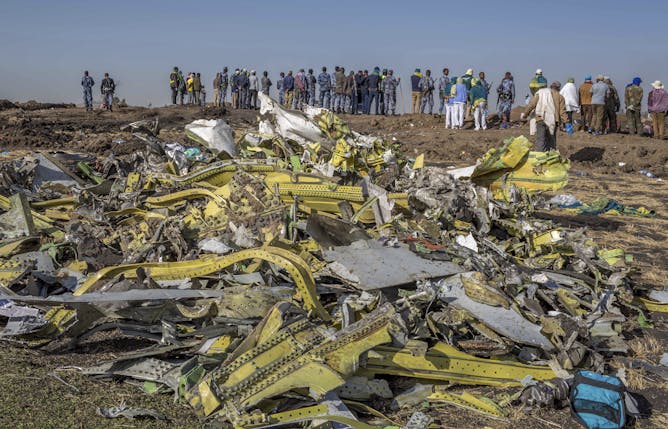
Wreckage from Ethiopia Airlines Flight 302 lies near the crash site outside Addis Ababa.
AP Photo/Mulugeta Ayene
Timothy Takahashi, Arizona State University
An analysis of flight data shows that problems began at a point when the pilot would normally have engaged the autopilot system.
|
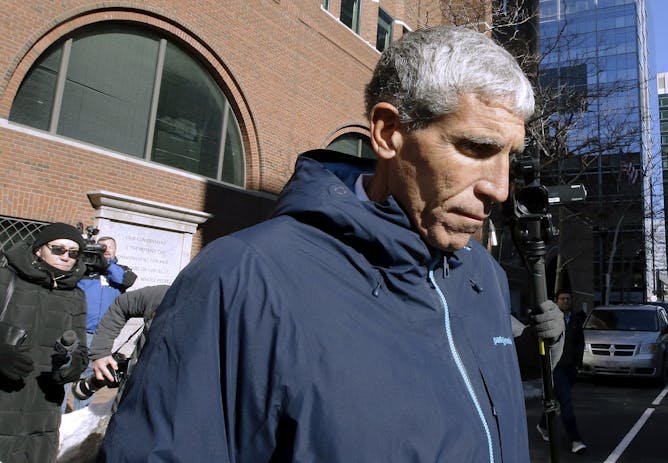
William ‘Rick’ Singer founder of the Edge College & Career Network, pleaded guilty to charges in a nationwide college admissions bribery scandal.
AP Photo/Steven Senne
David M. Mayer, University of Michigan
An expert explains the many reasons why people behave in an unethical manner and what research shows on why the wealthy have a need to maintain their higher status.
|

A man dressed as Saint Patrick blesses the crowd in Dublin as the parade makes its way through the Irish capital in 1998.
AP Photo/John Cogill
James Farrelly, University of Dayton
The Irish continue to express gratitude for St. Patrick's unselfish commitment to their spiritual well-being, even as the rest of the world celebrates by drowning in booze.
|
Science + Technology
|
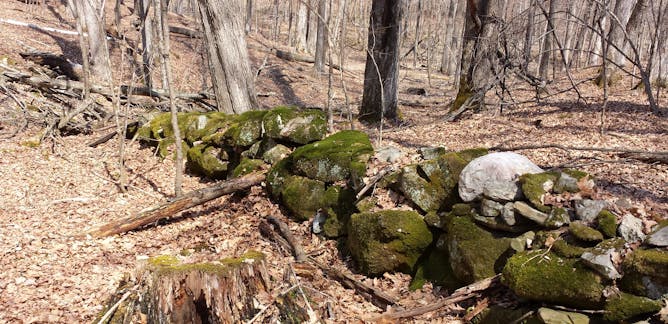
John Delano, University at Albany, State University of New York
Scientific inspiration struck a geologist after many walks through the woods in New York and New England. These ruins hold the secret of where the compass pointed north when they were built centuries ago.
| |
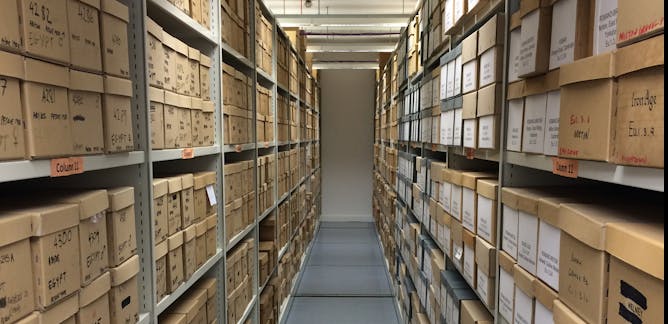
Elizabeth Sawchuk, Stony Brook University (The State University of New York); Mary Prendergast, Saint Louis University – Madrid
Ancient DNA allows scientists to learn directly from the remains of people from the past. As this new field takes off, researchers are figuring out how to ethically work with ancient samples and each other.
|
|
|
Education
|
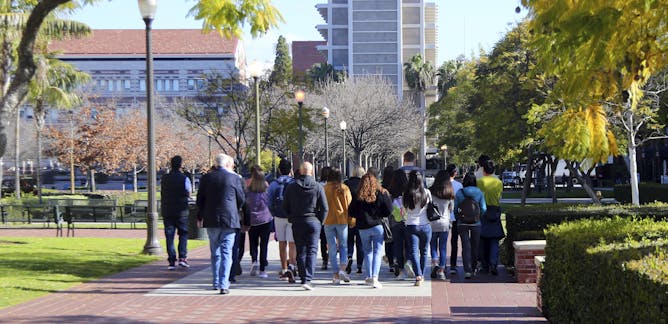
Sarah Webber, University of Dayton; Deborah Archambeault, University of Dayton
There is no system in place to detect charitable fraud on the scale allegedly committed by a counseling company and its sham nonprofit.
| |
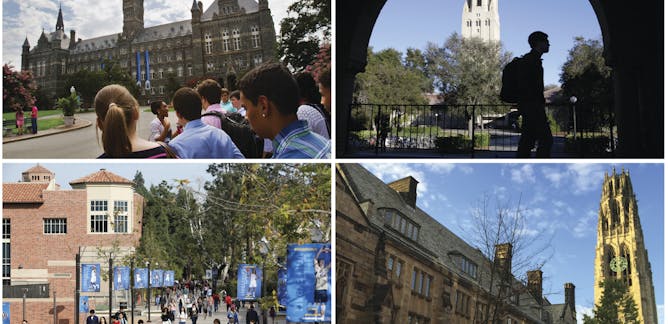
Morgan Polikoff, University of Southern California; Jerome A Lucido, University of Southern California; Julie Renee Posselt, University of Southern California
Even if wealthy parents don't resort to the kind of illegal tactics in the recent college cheating scandal revealed by the FBI, the college admission process still favors the rich, scholars argue.
|
|
|
Arts + Culture
|
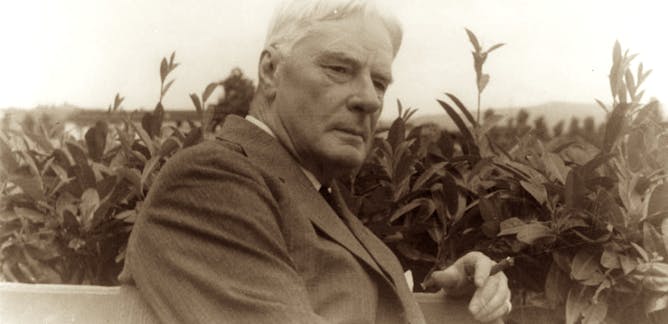
Rachel Hope Cleves, University of Victoria
There's a reason many today have never heard of Norman Douglas: After his death, more and more came forward with stories of his sexual relationships with boys, and he soon faded into obscurity.
| |
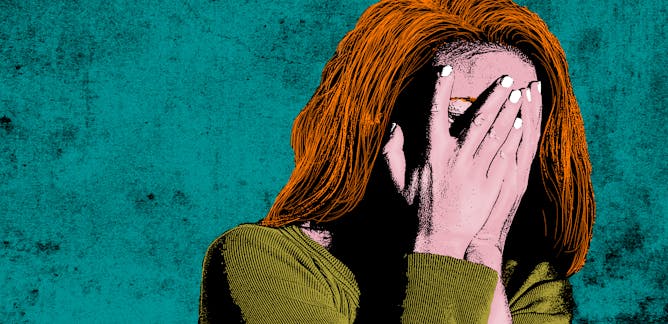
Jean Twenge, San Diego State University
Some have called reports overblown, with others going so far as to call it a myth. But the data that continues to emerge tell a different story.
|
|
|
Politics + Society
|

Thomas Adam, University of Texas Arlington
Without its communist Soviet-style economy, North Korea would just be South Korea.
| |
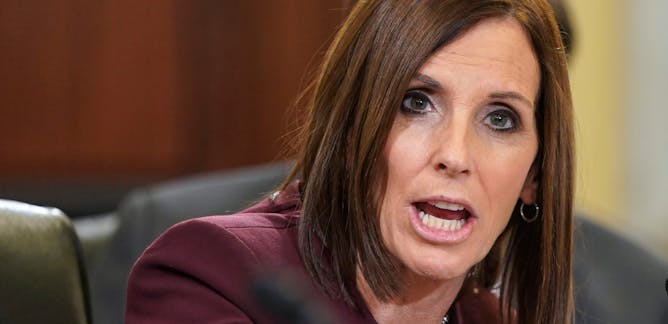
Leigh Goodmark, University of Maryland, Baltimore
Sen. Martha McSally has broken gender barriers right and left. Despite the power she amassed over a career of firsts, she felt 'powerless' when raped. She's not the only woman to feel that way.
|
|
|
Economy + Business
|
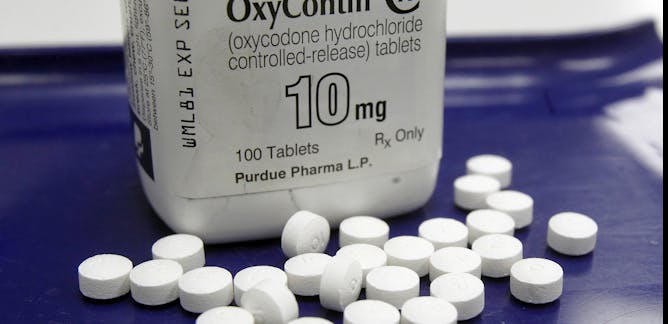
Nicolas Paul Terry, Indiana University
OxyContin maker Purdue has reportedly been mulling a bankruptcy filling, just as the first of around 2,000 lawsuits against it prepares to go to trial.
| |

Jimmie Lenz, University of South Carolina
Millennials are more financially conservative than their high debt balances might suggest.
|
|
|
Health + Medicine
|

Rajesh Balkrishnan, University of Virginia; Randy A. Jones, University of Virginia
Prostate cancer outcomes have differed between black men and other ethnic groups for decades. Could improving the way doctors talk and share information with black patients make a difference?
| |
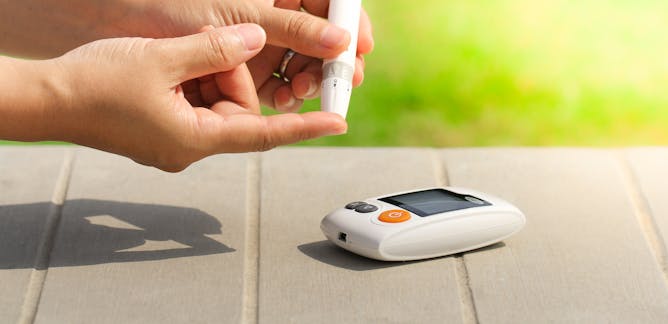
Mylynda Massart, University of Pittsburgh
Direct-to-consumer genetic testing company 23andMe is now offering a new 'polygenic risk score' that reveals your risk of developing Type 2 diabetes. Does it work? Are our family physicians ready?
|
|
|
Energy + Environment
|
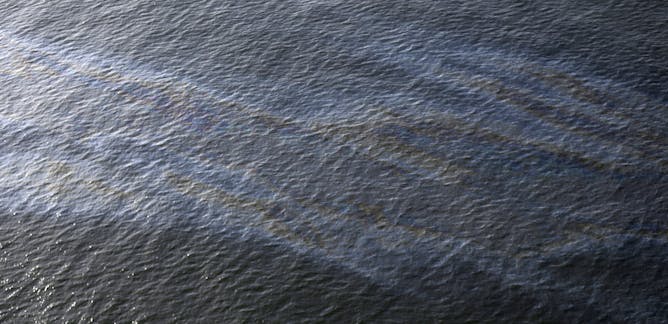
Ian R. MacDonald, Florida State University
In 2004 an underwater avalanche destroyed an oil platform off Louisiana, causing a 14-year spill. An expert on oil and gas seeps in the Gulf of Mexico warns that this could happen in other places.
| |
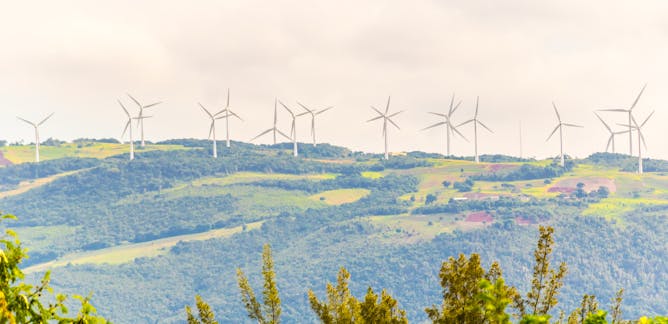
Masaō Ashtine, University of the West Indies, Mona Campus; Tom Rogers, Coventry University
Even before the British billionaire invested US$1 billion in making the region 'climate-smart,' Jamaica, Barbados and Dominica were pioneering a renewable energy boom in the Caribbean.
|
|
|
Ethics + Religion
|
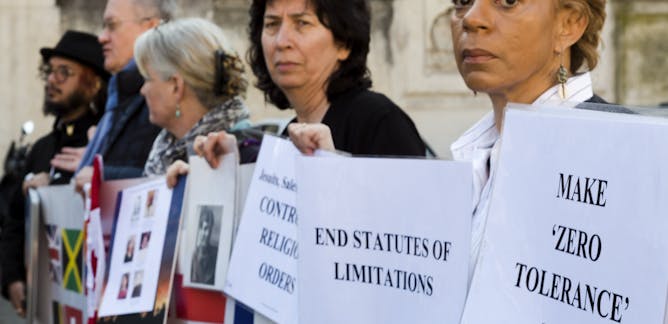
Cavan W. Concannon, University of Southern California – Dornsife College of Letters, Arts and Sciences
In the fourth century, Christian churches in North Africa faced a crisis of trust. A separate church of the Donatists emerged that lasted for centuries.
| |

Richard Gunderman, Indiana University
It was 100 years ago this month that Benito Mussolini created the fascist party in Italy. Today, his life offers cautionary lessons for contemporary politics.
|
|
|
| |
| |
| |
| |
| |
| |
|
|
|
|
|
|
|